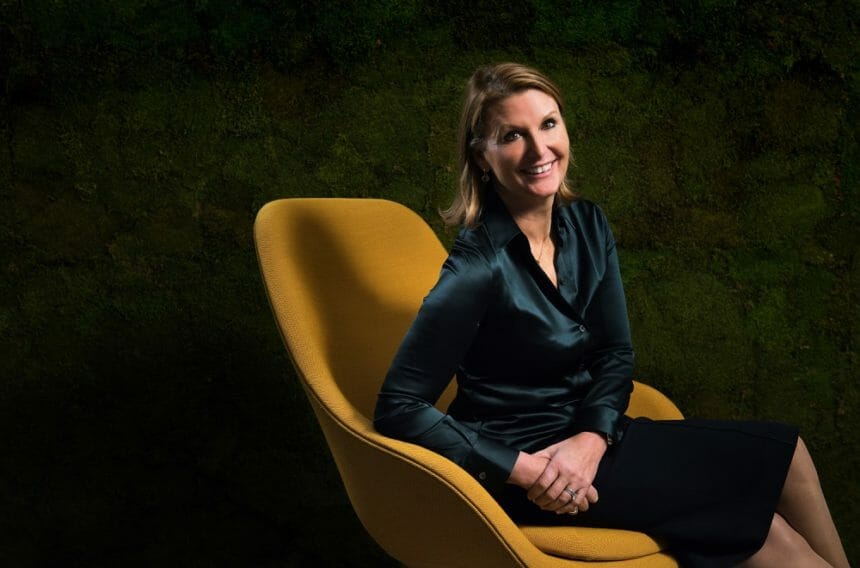World Health Day’s theme this year is “Universal Health Coverage Everyone, Everywhere”. Yet 50 years after the moon landing, half the world still doesn’t have access to essential health services. The consequences are real: More than 50% of all deaths are due to treatable non-communicable diseases.
The fifth-leading cause of global deaths is diarrhea. It’s 2019.
Basic healthcare could make all the difference, but too many people – particularly those in low-income countries – don’t have access to it. As the Director-General of the World Health Organization once asked: Do we want our fellow citizens to die because they’re poor? It’s a rhetorical question; health is a human right.
This year, World Health Day is focusing on universal health coverage, reflecting a Sustainable Development Goal to give everyone access to essential healthcare, medicines and vaccines by 2030. That’s our moon landing. Progress is everywhere, in populations as diverse as Kenya, India, Indonesia and China. But the giant leap for humankind will only happen if the $7.5 trillion we invest in health is made to work much harder.
Health isn’t just a cost – it adds value to the economy. Effective healthcare keeps people out of hospitals, helps them back into work or school, and allows them to contribute to society. Good health is a catalyst for productivity, consumer spending and bigger tax revenues.
The cliché is true – health is wealth – but the flipside is much more emotive. “Without health, people have nothing.”
As focus shifts from cost to value, health is measured against the same criteria. Finding solutions that create tangible value will be key to making our money – and our healthcare – travel further.
We must exploit the value drivers that influence health, the most obvious of which is medicine. The price of drugs commonly captures the headlines, but there’s a compelling value story behind every breakthrough treatment.
Gilead’s Sovaldi and Harvoni, once among the world’s most expensive drugs, have all but cured Hepatitis C. Merck’s Gardasil, the HPV vaccine adopted into the UK’s national routine program in 2008, has cut HPV infections in young women in England by 86%, fueling expectations of future reductions in the incidence of cervical cancer. These treatments, and so many more, are the definition of win/win.
The economic benefits of medicines are often overlooked. If advances are to improve global health, we shouldn’t confuse value with cost.
Another value driver is technology. As personalized medicines gather momentum, chips used in smartphones are reducing the time and cost of making ground-breaking CAR-T therapies that reprogram patients’ own unique cells to attack deadly cancers, person by person. CAR-T has been hailed as the most exciting treatment advance in decades – and governments are recognizing its value. Technology is helping ensure patients get it quicker.
Then there’s the unsung value driver: communication. Like technology, it can improve the efficiency of healthcare, getting timely information to the right people to help them make informed choices. Effective communication raises awareness of disease, accelerates diagnosis and helps prevention.
Pampers’ partnership with UNICEF to eliminate maternal and neonatal tetanus (MNT) in developing nations is a powerful example of how communications can save lives. Neonatal disorders may be the second-largest cause of global deaths, but MNT mortality has nonetheless been reduced by 96%.
The final value driver is simple: It’s us. Health is a human story that unites everyone; the solutions are our responsibility.
Fundamentally, universal healthcare can’t be broad-brush. It must be personalized to the specific needs of individual populations. Achieving it requires collaboration – across the entire ecosystem – to understand local populations and co-create solutions that make a difference.
We won’t stick our moon landing overnight. But together, through small steps, we might just make some giant leaps for humankind. We must, because health is a human right.
Claire Gillis is international CEO of WPP’s health practice







